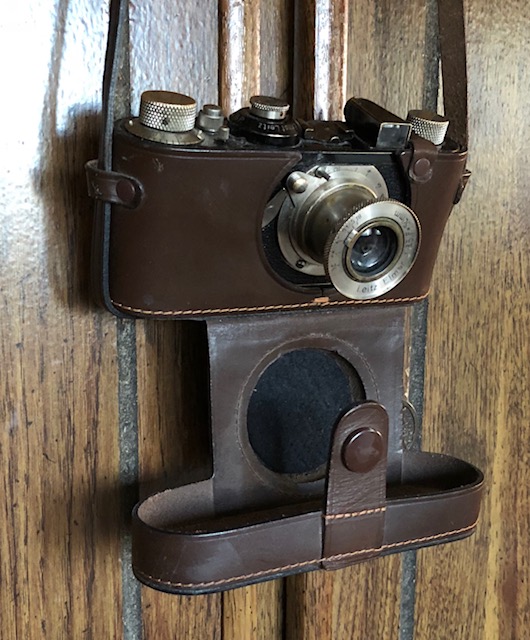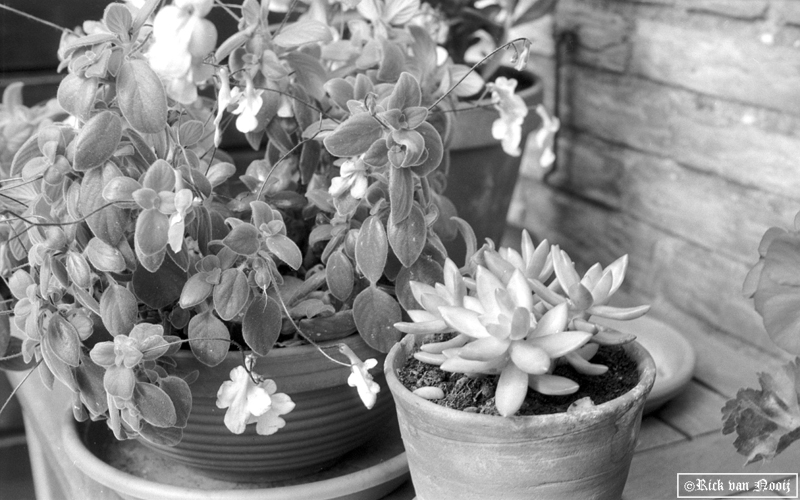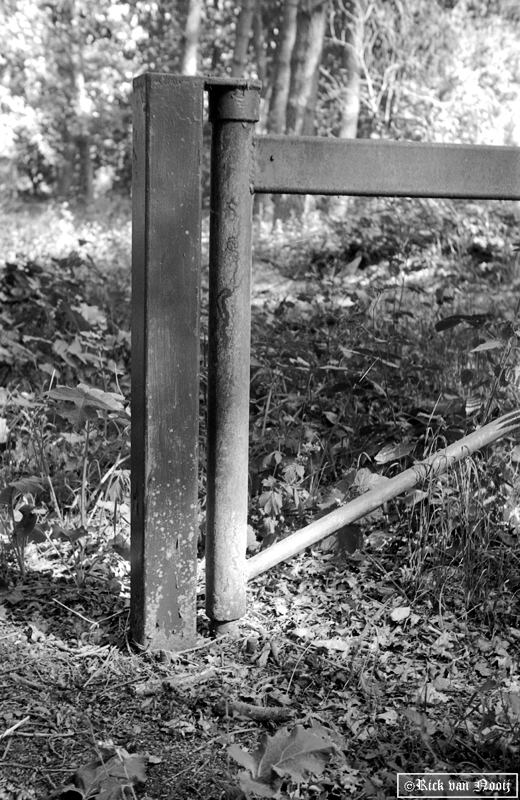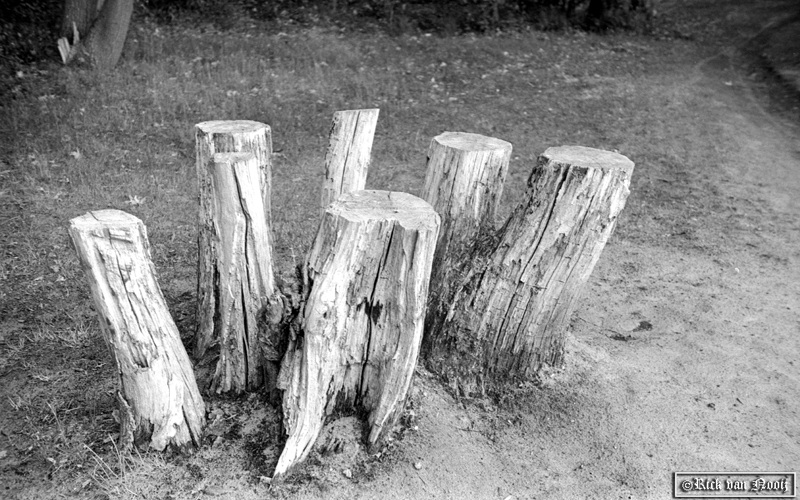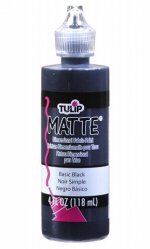Erik van Straten
Veteran
It has been repainted and reskinned with brown leather.
It looks like it might have been re-plated as well, the engravings look a little shallow on the shutter speed dial.
Finding an affordable half-case has been a job and a half. I don't like the Kenji one. Luigi's is way to expensive. Came across this one from Funper on Ebay.
Initially I bought it for my early Leica II cameras.
The strap came from a leather shop in the UK.
Waiting for NobbySparrow to re-open his Ebay shop for a proper Nickel shutter button collar ring. Using a chrome one from the bits-box for now.
I will look on Funper. I would like a brown one for my model C.
Yes, doubtless the nickel is replated. After so many years it would have been dull.
I like the black focusing ring of the Elmar.
A miracle how they kept the serial number readable after refinishing the top plate.
Erik.


